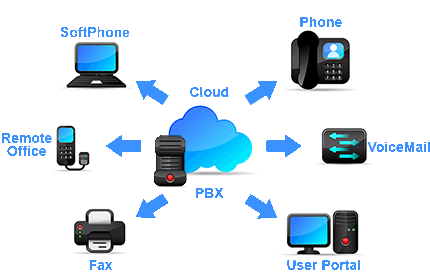What is Cloud Computing?
Let’s start with a simple definition of cloud computing.
The term Cloud Computing refers to: A collection of computing services provided by a service provider to one or more clients over the internet, allowing them to use the provider’s high computing capabilities without the need to purchase expensive hardware or infrastructure.




